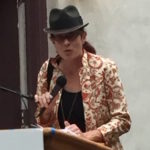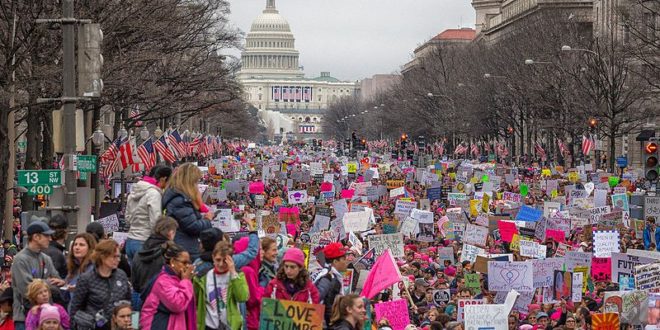Podcast: Play in new window | Download (Duration: 59:21 — 54.3MB)
We open with “What’s Going On” by Marvin Gaye because it is the title track from his 1971 album–one that for me expresses both the popular awareness of the catastrophic actions of Western Militarism and Capitalism–but as well seems a kind of funeral dirge on the capability of protest movements to make real difference as opposed to a cosmetic one.
Hearing Gaye sing about fish full of mercury in 1971 and having only a public awareness that humans ought not eat fish with mercury in it–and be sure to get proper labeling on Starkist cans–not that there should be no more poisoning of the planet, leaves one amazed at the power of complacency in life. This is the way it is. But there WERE protests, and Rachel Carson did write the book on our self-inflicted ecological disasters that continues to be read and taught in schools, and protest did seem to stop a war…
But, what happened to the American left after the Sixties? This the question LA Kauffman seeks to answer in her book, Direct Action: Protest and the Reinvention of American Radicalism. The book examines how movements from ACT UP to Occupy Wall Street to Black Lives Matter have used disruptive tactics to catalyze change against long odds, creating a new kind of decentralized and multi-vocal radical politics in the process. But to what effect? When has direct action made an enormous, undeniable difference? And what subtle, but positive changes have been brought about, at least in part, by non-violent direct action?
GUEST
 L.A. Kauffman has spent more than thirty years immersed in radical movements as a participant, strategist, journalist, and observer. She has been called a “virtuoso organizer” by journalist Scott Sherman for her role in saving community gardens and public libraries in New York City from development. Kauffman coordinated the grassroots mobilizing efforts for the huge protests against the Iraq war in 2003–04. Her writings on American radicalism and social movement history have been published in The Nation, n+1, The Baffler, and many other outlets.
L.A. Kauffman has spent more than thirty years immersed in radical movements as a participant, strategist, journalist, and observer. She has been called a “virtuoso organizer” by journalist Scott Sherman for her role in saving community gardens and public libraries in New York City from development. Kauffman coordinated the grassroots mobilizing efforts for the huge protests against the Iraq war in 2003–04. Her writings on American radicalism and social movement history have been published in The Nation, n+1, The Baffler, and many other outlets.
MUSIC
“What’s Going On,” Marvin Gaye
“Shut Um Down,” Gil Scott-Heron
“Glad to be Gay,” Tom Robinson Band
“Let’s Lynch the Landlord,” The Dead Kennedys
“Sasol,” Amandla – the African National Congress Cultural Group
RELATED
A Love Note to Our Folks (L.A. Kauffman interviews Alicia Garza on #BlackLivesMatter)
How to Take Action – And Stay Sane – In the Trump Era (interview with L.A. Kauffman)
Ending a war, inventing a movement: Mayday 1971 by L.A. Kauffman
PHOTO: Mobilus In Mobili
NEXT UP
 “The Stones of Reason”
“The Stones of Reason”
Direct action and reform politics meet in Apartheid South Africa in playwright Athol Fugard’s 1989 My Children! My Africa! Within the ruling class, apartheid violence of white South Africa sits a play with a taste for moderation and order in debate, and the recognition of the political uses of speech. But the debate is not just between the obvious: black and white, powerful and powerless, privileged and impoverished. It’s also between old and young, tradition and revolution, male and female, private and public, talk and action.
A local production directed by IU professor Murray McGibbon is set to open on April 27th, and I’ll speak with McGibbon, who is South African, about his assertion that “The play is a plea for education over violence, and thoughtful consideration rather than hotheadedness.” But…We’ll also be joined by Michelle Moyd, a professor of history at Indiana University, who’s writing this curriculum of reason, deliberation, and moderation?
CREDITS
Producer & Host: Doug Storm
Assistant Producer: Rob Schoon
Board Engineer: Jennifer Brooks
Executive Producer: Joe Crawford
 WFHB Bloomington Community Radio
WFHB Bloomington Community Radio


